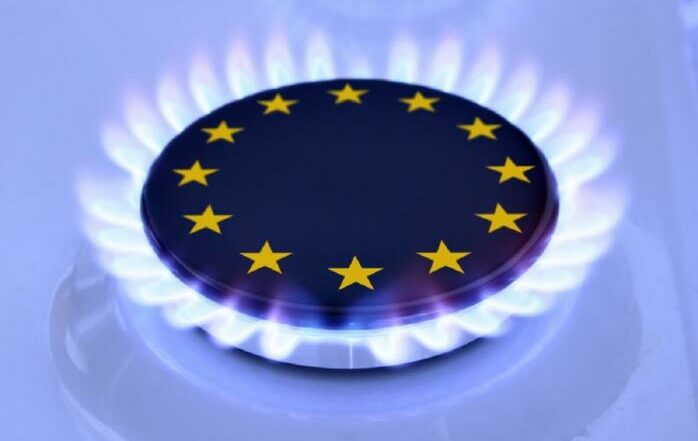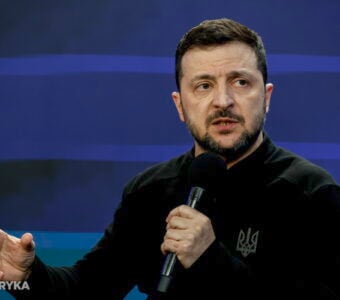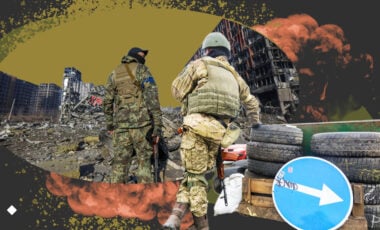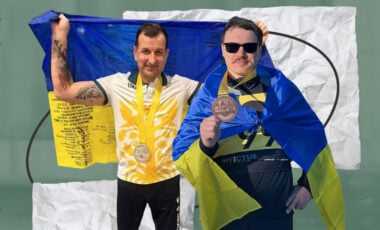Europe is ready for winter without russian gas – Bloomberg

Europe can import almost 40% more liquefied gas than last year, BloombergNEF reports.
Europe may compensate for completely stopping gas supplies from russia.
The BNEF report indicated that the region could import almost 40% more LNG during the coming winter than last year and increase purchases next summer by about 14% to rebuild lost inventories.
The publication emphasized that despite the drop in demand due to high energy prices, these supplies are enough to cover the complete halt of russian pipeline flows from October 1.
To get the extra fuel, European buyers would have to buy 90% more LNG on the spot market than they have secured under long-term contracts. It will further increase competition with Asia.
That would support global gas prices, which have risen sharply since Europe tried to reduce its dependence on russia. Efforts to minimize dependence began after russia invaded Ukraine in late February.
We will remind you that the russian federation was the largest supplier of gas to Europe.
"Elevated spot LNG prices are set to persist as Europe needs to maintain its pull on all available LNG supply, leaving very little for Asia," BNEF said.
China and emerging Asian markets are likely to see a decline in imports, he adds.
BNEF's baseline scenario assumes that weather conditions will match the 10-year average.
In the absence of russian gas supplies, Europe is expected to import 40 million tonnes of LNG this winter and slightly more in the summer to replenish supplies. It will leave 12 million tons of spot volume for Asia.
However, cold winter in North Asia could take 5.6 million tonnes out of Europe, mainly to fuel demand in Japan, and the following hot summer will see this rise to 6.9 million tonnes over the next 12 months. This scenario is likely to lead to increased price competition.
Meanwhile, more russian LNG will go to China, where winter demand is expected to fall 16% from a year earlier.
Read Rubryka's Timeline of war: current news on Ukraine's defense against russia's aggression


















































